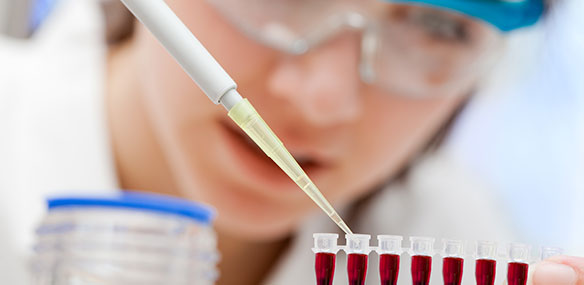Though cancer is complex and caused by many different factors, some people are at higher risk due to environmental or genetic factors.
If you have cancer or a family history of cancer, consider genetic counseling and testing with trusted professionals at Sutter Health. Genetic information can help determine your personal cancer risks so you and your healthcare team can work to prevent cancer or diagnose it at an earlier, more treatable stage. If you already have cancer, genetic testing can help with treatment decisions.
Genetic counselors at Sutter Health will review your family’s cancer-risk profile. If your history indicates a higher-than-normal risk, we may suggest genetic testing to seek out known gene mutations that increase your risk of cancer. We’ll also discuss:
- Possible outcomes of genetic testing.
- Technology limitations.
- Emotional and legislative implications of genetic information.
We test a small amount of body tissue or fluid, typically blood or saliva, and we’ll schedule a time to discuss the results with you. A positive test doesn’t guarantee that you’ll get cancer, but it does enable you or your loved one to be screened regularly.
You should consider genetic counseling if you or a family member:
- Have been diagnosed with cancer under age 50.
- Have multiple relatives on the same side of the family who’ve been diagnosed with cancer.
- Have a mother, father, sibling or children who develop cancer.
- Had cancer at an early age, or a family member with cancer at an early age.
- You’ve tested positive for a known genetic mutation related to hereditary cancer, such as BRCA or Lynch Syndrome.
- Have a family member with a positive gene test for a genetically linked cancer, such as breast or ovarian cancer.
- Are of Ashkenazi Jewish heritage.
Genetic testing is a personal decision. Seeing a genetic counselor can provide useful information, but you’re never required to undergo genetic testing.













